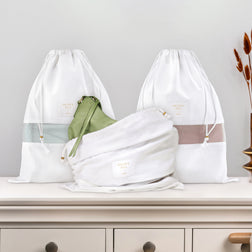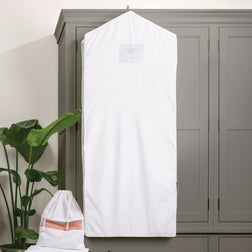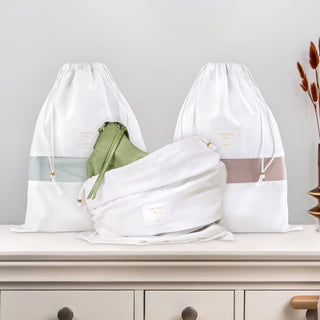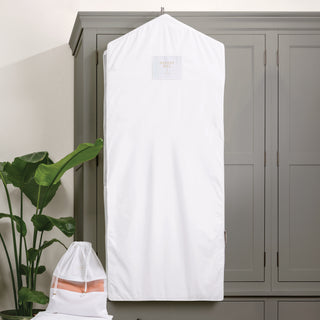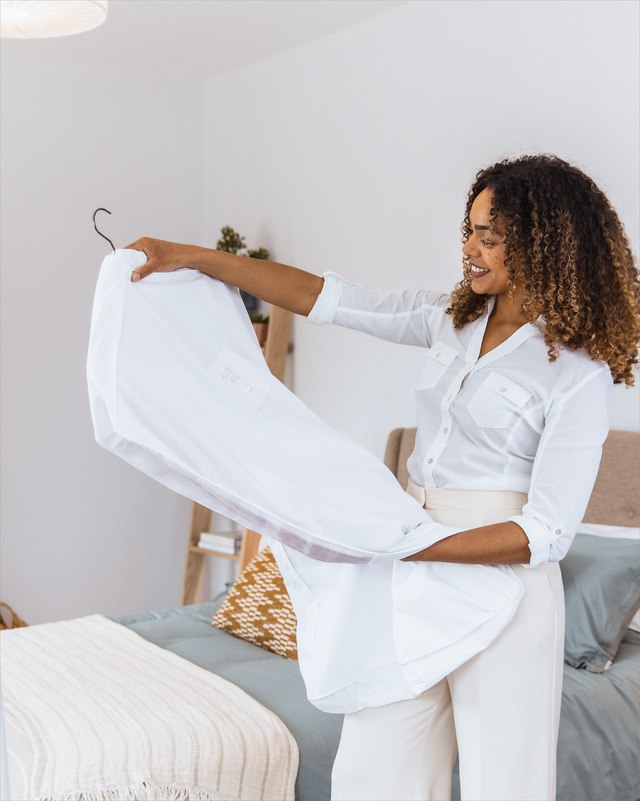Exploring the different sustainable fashion certifications may seem like an uninteresting topic. But, if environmental and social sustainability are important to you, having awareness of these certifications will help you be a more informed consumer. You can be sure that a product bearing one of these certifications is truly sustainable, and that your dollars are supporting better worker conditions and a better planet.
With the negative effects of fast fashion becoming more well-known, and, subsequently, more sustainable fashion brands popping up regularly, third-party audits and verifications of products are more vital and valuable than ever.
Unfortunately, there isn't a single, all-inclusive label to encompass all the requirements that would certify a brand as sustainable. However, there are several, individual sustainable fashion certifications that represent the various aspects of transparent and ethical sustainable fashion.
How Certifications Help Consumers
Currently, there are no certification requirements for sustainable products; certification is entirely optional. Brands can choose which certifications to apply for based on factors such as their industry, revenue, and level of operations transparency required.
As a consumer, understanding the available certifications and their criteria may help you decide between brands, without fear that a brand is greenwashing, or making claims about their environmental friendliness that are untrue.
There are a variety of certifications available, and each focus on a particular value of sustainability, such as the environment, fair labour, and organic materials.
Fair Labour Certifications
While many of the following certifications do have environmental criteria, their main emphasis is on fair labour and safe working conditions for employees.
Worldwide Responsible Accredited Production (WRAP)
Through certification and education, the Worldwide Responsible Accredited Production (WRAP) team of impartial, non-profit social compliance experts works to advance safe, legal, ethical, and moral manufacturing practices everywhere.
This is the world's largest facility certification program for clothing, sewn goods, and footwear. You might not find this certification on swing tags, but rather on a supplier's website, as they specialise in certifying manufacturers rather than brands.
Each manufacturer is eligible for WRAP certification if it adheres to 12 guiding principles. A platinum, gold, or silver certification is awarded to factories after they have undergone an audit in areas including forced labour, perks, and discrimination. These guidelines are based on commonly accepted local laws and workplace rules, as well as worldwide workplace standards.
Primarily based in Virginia, WRAP has certified facilities all over the world.
SA8000 Social Accountability International (SAI)
SA8000 is a social accreditation standard for businesses and factories worldwide that was created by Social Accountability International (SAI). This sustainable fashion certification addresses issues including child labour, forced labour, health and safety, discrimination, and worker hours. The audits follow the Universal Declaration of Human Rights and International Labour Organisation treaties.
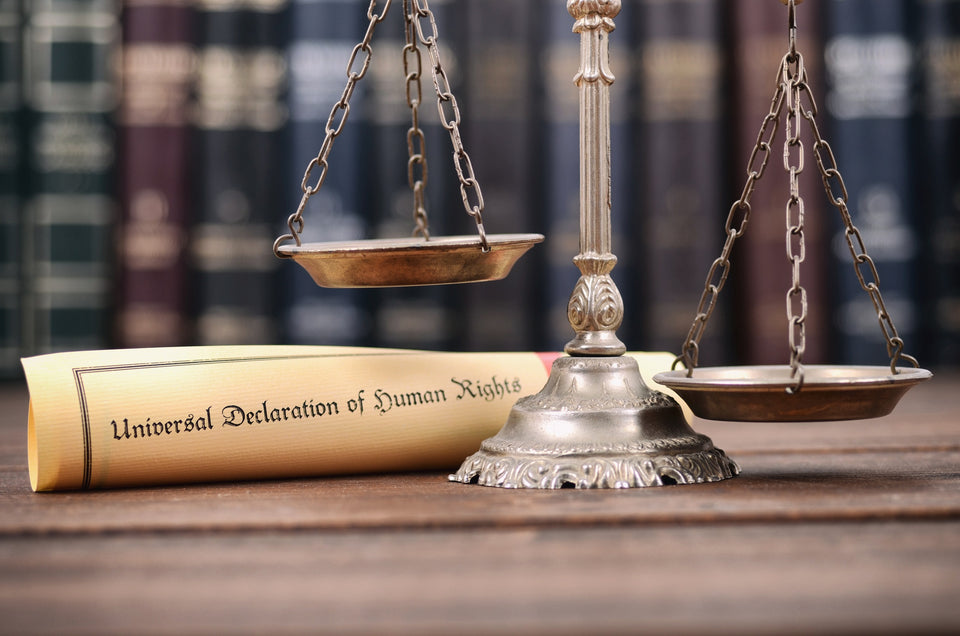
This social responsibility standard does not have a consumer-facing certification. Instead, it is a code of conduct verification and factory certification that enables manufacturers to show social compliance to customers.
The SA8000 certification is utilised in the industrial, textile, and garment industries, and is considered the top social certification for factories to have. Primarily based in New York, 57 industries and 62 countries have organisations certified by SAI.
Nest
Several top sustainability certifications address labour standards in factories, but none guarantee ethical working standards for labour performed in homes. According to Nest, as much as 60 percent of production takes place in the home. In developing economies, home-based artisan production employs more women than any other sector, but until Nest, this group was unprotected.
Nest's training-first program is designed to address the wide level of variance in decentralised supply chains. This decentralisation may be caused by multiple factors, such as migrant labour forces, multiple layers of subcontracting, and widespread geographic dispersion.
Because of their commitment to cultural sensitivity and artisan involvement in the decision-making process, the Nest Standards and Seal are unique and trustworthy.
Any artisan-made products, such as clothing, furniture, accessories, or home goods, can be Nest certified. Primarily based in New York, Nest operates in over 90 countries, collaborating with over 180,000 hand workers and over 500 companies.
Ethical Clothing Australia (ECA)
The certification organisation Ethical Clothing Australia (ECA) collaborates with regional textile, apparel, and footwear manufacturers to protect and maintain the rights of Australian garment workers.
An ECA certification is issued to ensure employees are being paid fairly, are obtaining all of their legal entitlements, and are working in safe conditions. An ECA-accredited business has had its manufacturing operations examined from design to dispatch.
Any textiles, clothing, or shoes can be ECA certified. Primarily based in Australia, this sustainable fashion certification only covers brands located in Australia.
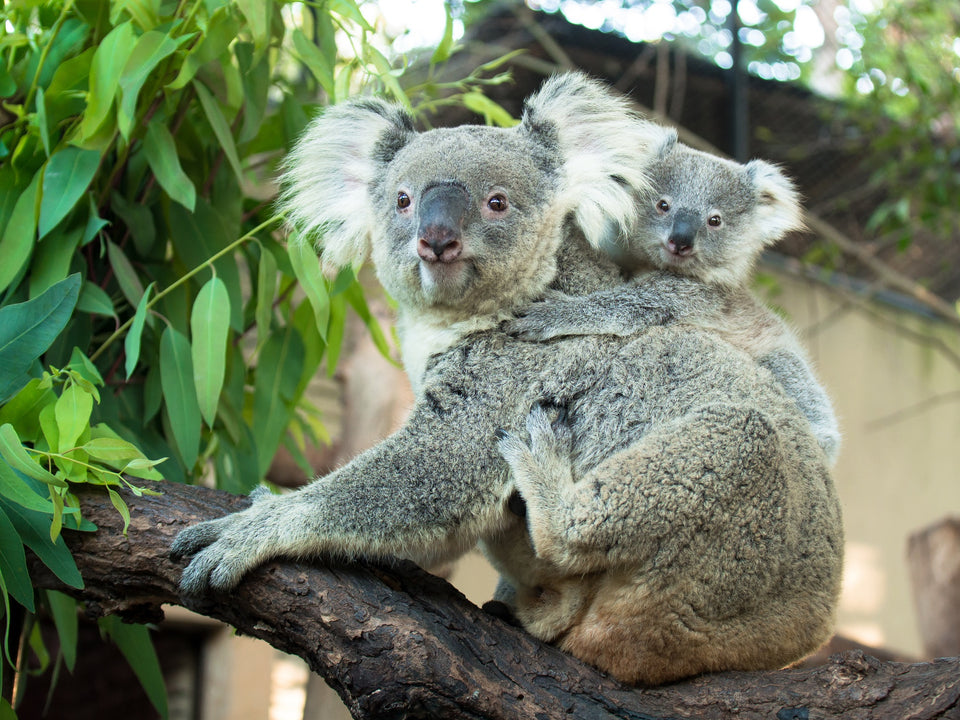
Fairtrade
The Fairtrade Foundation is a grassroots movement that advocates for improved wages, respectable working conditions, and equitable trade terms for workers and farmers in underdeveloped nations all over the world.
Fairtrade focuses on developing long-term business partnerships that result in sustainable livelihoods for the farmers and workers that produce many well-known goods. Fairtrade Standards guarantee more equitable terms of trade between farmers and purchasers, safeguard the rights of workers, and provide producers with the framework they need to establish successful farms and organisations.
A business is allowed to put the coveted FAIRTRADE Mark on its products if it adheres to the social, economic, and environmental standards established by Fairtrade International.
The Fairtrade Foundation collaborates with minor farmers, traders, and producers all across the world who adhere to their high standards. Only products certified in line with internationally recognised Fairtrade Standards may have the Mark. And, to address the injustice in traditional commerce, this organisation seeks to strengthen the position of marginalised producers in developing nations.
Primarily based in London, Fairtrade is an international certification that works with over 400 businesses, from retailers and global brands to small businesses.
General Certifications
The certifications listed below address an organisation's full ethical and sustainable practices.
B Corp
The B Corp certification, which recognises a company's commitment to building a sustainable global economy while conducting business with purpose, is one of the most respected and sought-after certifications.
The B Corp certification is the only certification that evaluates a company's full social and environmental performance and impact, including the supply chain, input materials, employee benefits, and more.
A B Impact score is assigned to each company, reflecting possible development opportunities. The long-term objective of B Corp is to usher in a new economy where businesses are legally obligated to balance purpose and profit.
By putting purpose at the heart of its operations, connecting with underprivileged areas, and treating the planet as a crucial stakeholder, B Corp is leading the way for critical changes in the fashion industry.
Primarily based in the USA, B Corp has certified companies all over the world.
Eco-Age
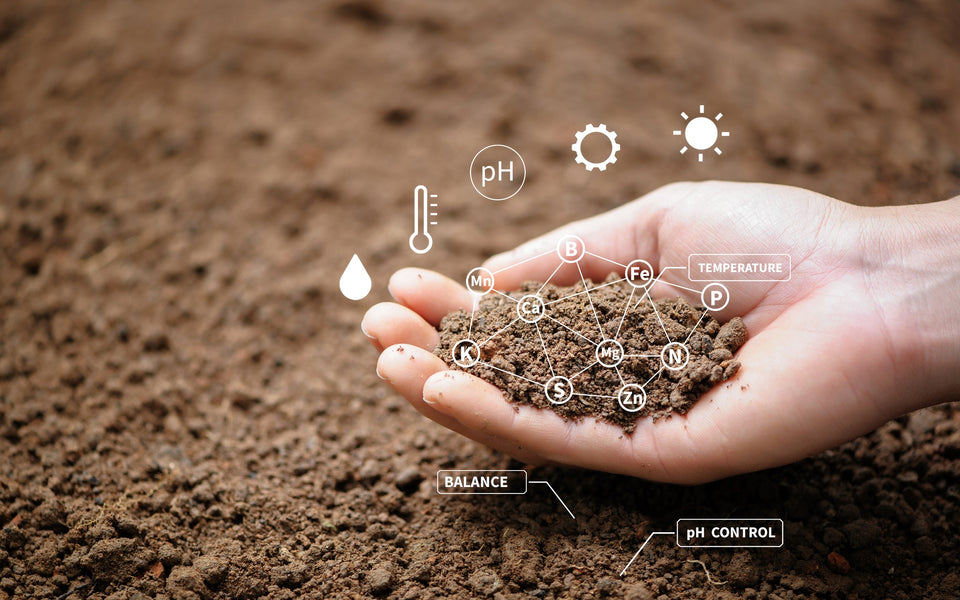
A consultancy called Eco-Age grants its brandmark to companies that adhere to its principles for sustainable excellence. Fair labour, community, diversity and inclusion, environmental management, leadership, animal welfare, and many other topics are covered under these principles.
All clothing brands that conform to moral, social, and environmental standards can be Eco-Age certified. Primarily based in London, UK, Eco-Age operates on an international level.
Sustainable Apparel Coalition (SAC)
The Sustainable Apparel Coalition (SAC) is a multi-stakeholder, international, non-profit alliance for the fashion sector.
The Sustainable Apparel Coalition encourages the textile, apparel, and footwear industry to adopt sustainable practices by providing a tracking tool called the Higg Index. The Higg Index measures the effects of different industries on the environment, society, and labour.
The industry in question may then correct inefficiencies, resolve harmful practices, and achieve the environmental and social transparency necessary with the help of the data the SAC provides.
While the SAC offers recommendations to businesses looking to adopt sustainable practices, they do not enforce these recommendations or completely ensure they are being implemented.
Organic Material Certifications
The following sustainable fashion certifications focus on the materials used to make a product, ensuring organic, natural fibres are included.
Organic Content Standard (OCS)
Any non-food product that contains 95 to 100 percent organic material is subject to the Organic Content Standard (OCS). This international, voluntary standard traces the flow of the raw material from its source to the final product and verifies the presence and amount of organic material in the final product using third-party inspections.
Processing, manufacturing, packing, labelling, trade, and distribution of a product containing at least 95% certified organic components are all covered by OCS 100. This standard can be used as a business-to-business tool to assure businesses that they are selling high-quality products to consumers and getting a good return on investment on their wholesale purchases.
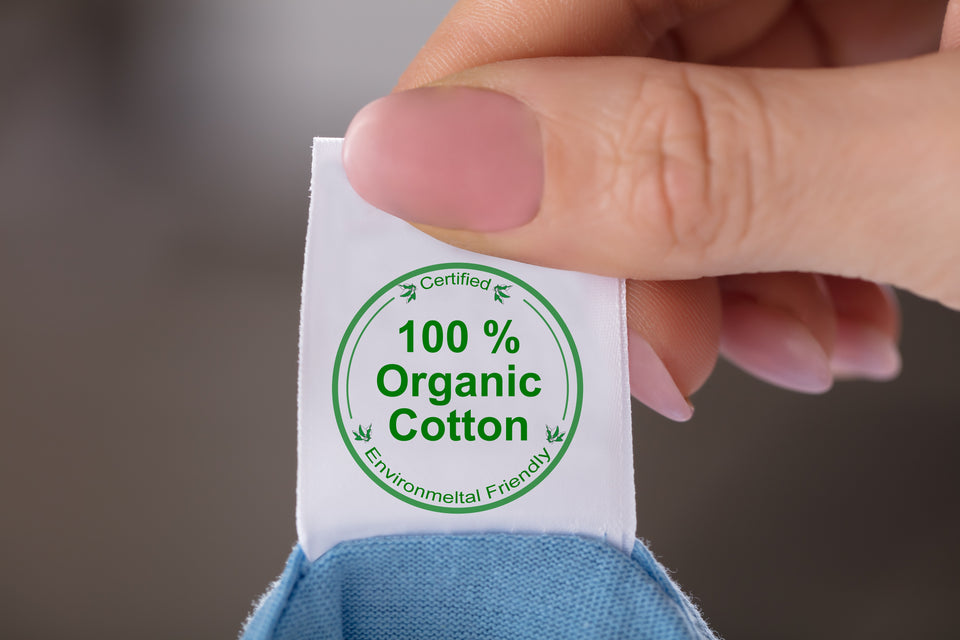
USDA Organic
An agricultural product can be marketed in the United States if it has received the USDA Organic certification and has been produced using USDA-approved procedures.
Products must contain at least 95% certified organic ingredients in order to be sold, labelled, or represented as organic. The USDA organic seal may not be used on products that are sold, labelled, or represented as "made with" organic ingredients unless they contain at least 70% certified organic content.
A certified organic farm or business must undergo an annual review and inspection procedure to keep its organic certification.
Organic Cotton Accelerator (OCA)
To foster the conditions necessary for the success of organic cotton growth, the Organic Cotton Accelerator (OCA) created a community for people who cultivate, provide, and purchase organic cotton. OCA is on a mission to increase the global organic cotton supply, empower organic cotton farmers, and provide a roadmap for systemic change.
Regenerative Organic Certified (ROC)
Regenerative Organic Certified (ROC) is a ground-breaking new certification for ingredients used in food, clothing, and personal care products. The soil health, animal welfare, and fair treatment of farmworkers are all upheld by ROC farms and products to the highest standards in the world.
FAQs
What are sustainability certifications?
Producers, manufacturers, traders, retailers, and service providers can voluntarily adhere to sustainability standards and certifications which show their dedication to responsible environmental, social, ethical, and food safety practices. Over 400 of these standards exist globally. The sustainability certifications started as a trend in the late 1980s and 90s, but today they are providing clarity in the fashion industry about which standards and ecolabels truly deliver.
How do you get into fashion sustainability?
There are several different things you can do to get into fashion sustainability. Keep in mind that it is perfectly fine to start small and progress to bigger involvement and change later. You could start by reading and learning about sustainability and looking for ways to implement sustainability in your daily routine. Or, you could invest in a capsule wardrobe, look for sustainable fashion certifications when purchasing new clothing, or give secondhand clothing shopping a try.
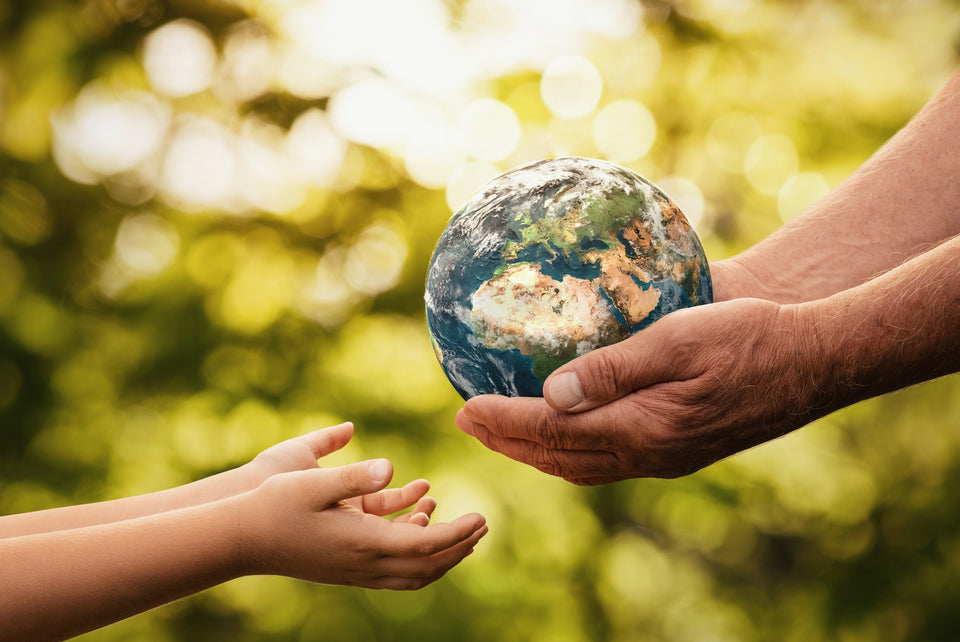
Exploring the different sustainable fashion certifications may seem like an uninteresting topic. But, if environmental and social sustainability are important to you, having awareness of these certifications will help you be a more informed consumer. You can be sure that a product bearing one of these certifications is truly sustainable, and that your dollars are supporting better worker conditions and a better planet.
